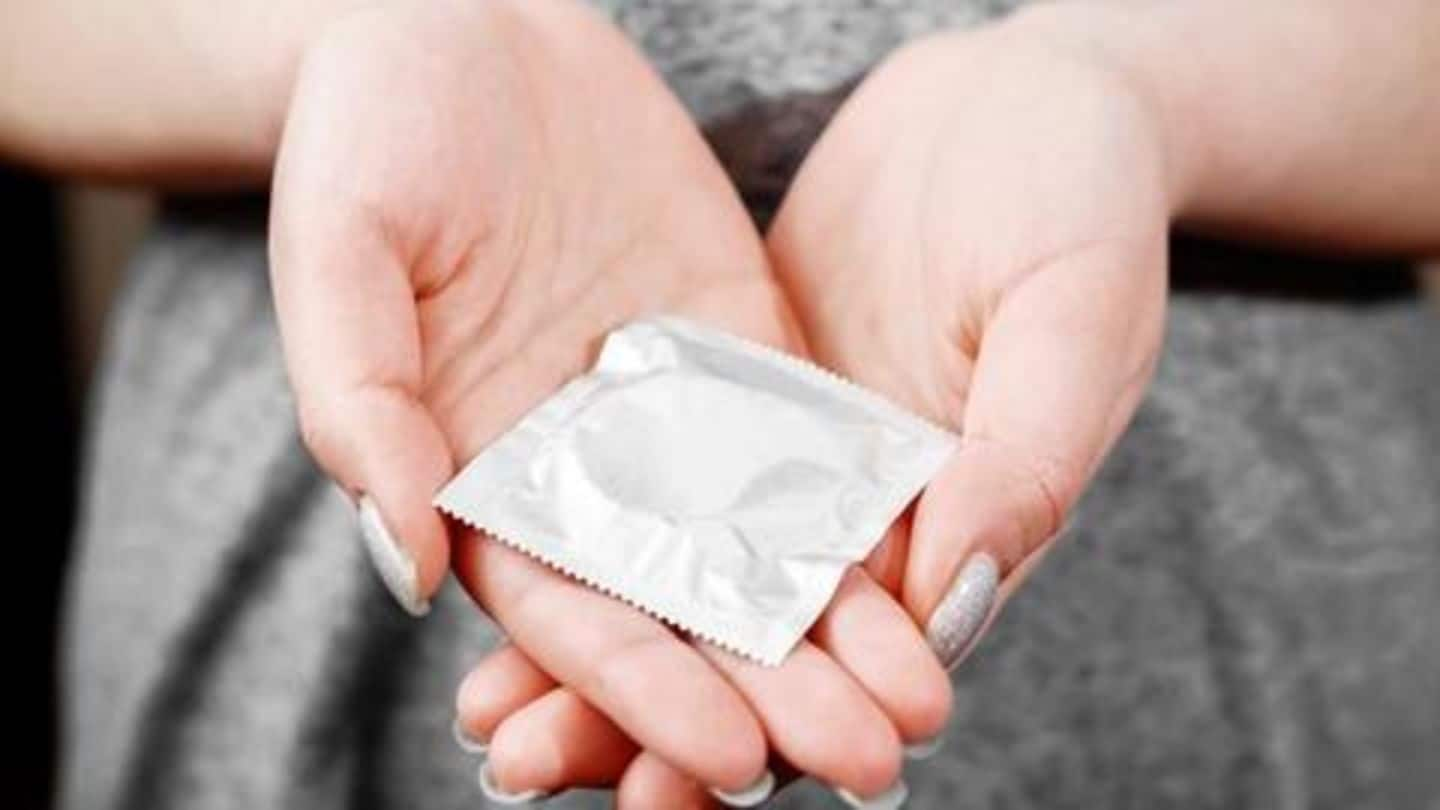
'Safe' sex without using condom? Here is the truth
What's the story
A healthy and satisfying sex life is crucial for a couple's overall mental, physical, and emotional well-being. It is advisable to use at least one form of contraception every time you engage in sexual activity, to avoid risk of unwanted pregnancy (and STIs). However, at times, slip-ups can happen. So, can you really have safe sex without a condom? Let's explore.
Pregnancy
What are risks of sex without condom? 1) Unwanted pregnancy
When used perfectly, condoms are as much as 98% effective in preventing pregnancy. Hence, fertile couples engaging in penetrative vaginal sex are more prone to conceiving, if protection (condom) is ruled out of the equation. Couples who have sex without condom and do not wish pregnancy, should consider an alternate form of contraception and also get tested for pregnancy as soon as possible.
STI
Sex without condom also implies greater risk of STI transmission
By hindering bodily contact between partners during sexual activity, condoms largely reduce risk of transmission of dreadful Sexually transmitted infections (STIs), including HIV, gonorrhea, chlamydia, syphilis, and certain types of hepatitis. So naturally when you choose not to use protection, your risk of catching STIs multiplies. This risk further depends on the type of sexual activity and your number of sexual partners.
Alternative
The alternative? You can try 'Pull out' method for 'safe-sex'
Pretty much as the name suggests, the Pull-out or withdrawal method is a natural, human method of birth control, in which the male member pulls his penis out of the lady's vagina right before ejaculation to avoid any semen contact with the woman's body. Though the method can help prevent pregnancy, one must possess self-control and aim for perfect timing to make it work.
Safety?
But is the withdrawal method actually safe?
Low effectiveness rate: Depending on how well the technique is employed, 4-27 out of 100 women who use withdrawal as their sole method of birth control, for one year, shall eventually get pregnant. Moreover, the withdrawal method provides zero safety from transmission of life-threatening STIs like HIV. That is why, it is usually recommended to adopt other, more effective and safer options.
Information
Hence, using condom is your best bet for safe sex
Clearly, the pull-out/withdrawal method is not the best birth-control tool. Firstly, it does not guarantee full safety from early/unwanted pregnancy. Further, it provides no safety whatsoever from Sexually transmitted infections. So make sure to always use a condom during sex, to prevent pregnancy and STIs.
Other contraceptives
However, if (male) condoms aren't your thing, try these alternatives
If a male condom just doesn't work for you, explore other options. Talk to your partner about trying a female condom. They are effective and help prevent STIs too. A birth-control pill is another highly effective (95-99% effectiveness-rate when used correctly) mode of contraception, but it can't protect you from STIs. Other options are the Implant, an Intrauterine Device (IUD), and the contraceptive diaphragm.